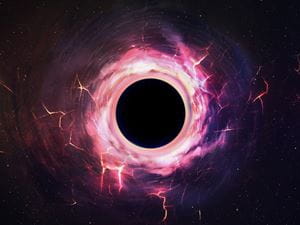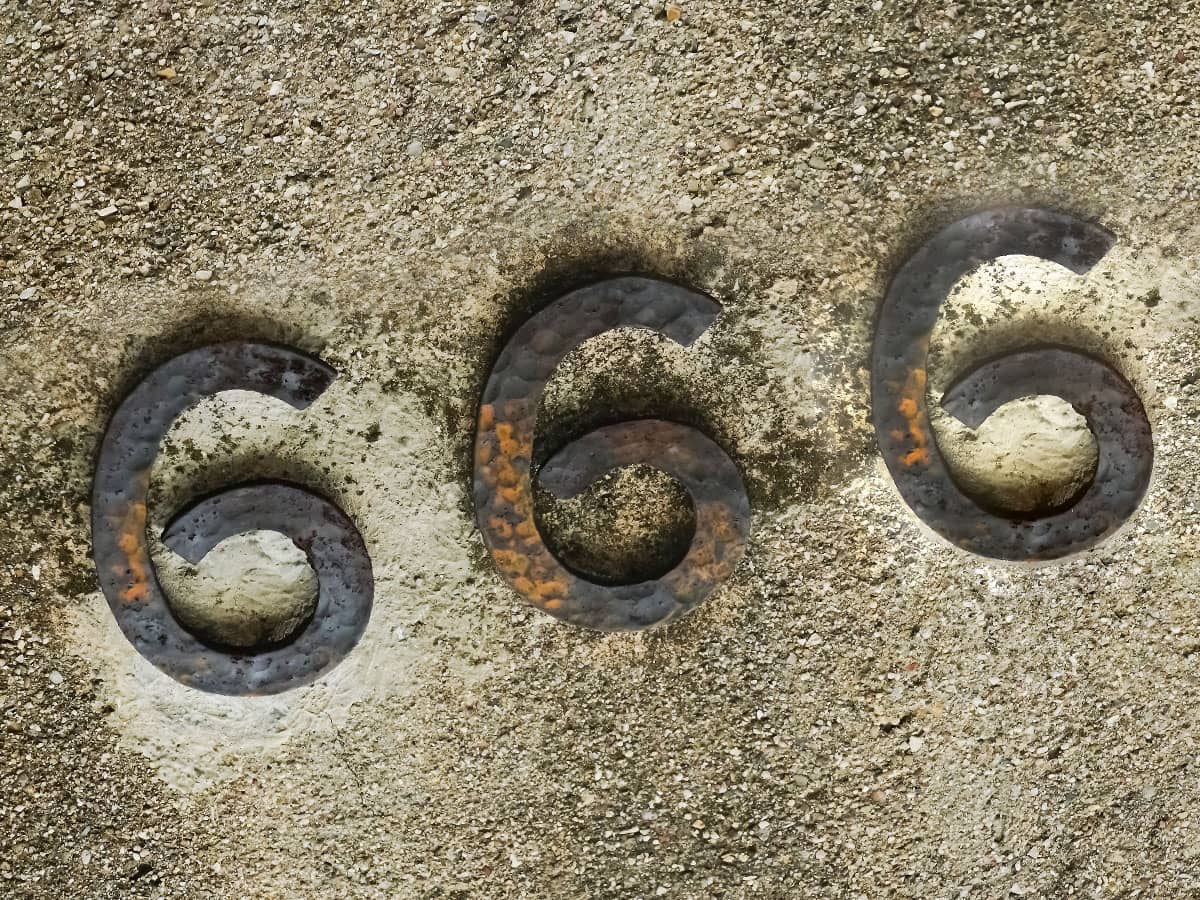
A purported clay tablet dating back to the 2800 BC Assyrian Empire reads: “Our Earth is degenerate in these later days; there are signs that the world is speedily coming to an end; bribery and corruption are common; children no longer obey their parents; every man wants to write a book and the end of the world is evidently approaching.”
The end of the world has been a source of endless fascination since the dawn of civilization. At some innate level, we know that all things come to an end—even us and our world. But of all the sources of information we use in the quest to know more about the end, which include science, spirituality, and even the occult, the most commonly-cited source of all is the Christian Bible.
There’s good reason for this. For the past two thousand years, the Bible has been one of the pillars of Western Civilization. Some might say that the Biblical worldview is, in fact, its very soul.
But there’s a problem here. Every single Christian doomsday prediction, from Saint Clement’s doomsday prophecy of 90 CE to the modern warnings of televangelists, has been dead wrong. So if we hold to the idea that the Bible is the infallible word of God, what gives? Why have so many Biblically-based predictions failed to answer the most important question of all: when will the world end?
The answer to this lies in the art of interpretation, or rather, the lack of it. Let’s go to scripture and find out what’s going on here, and if there are really any clues as to when, exactly, our world is going to end.
Why We Look
Before we start poring over scripture for clues to the date of the apocalypse, let’s take a moment to consider why it’s so important to so many people that we know at all.
We each know that we won’t live forever. Our bodies will grow old, we’ll get sick, and eventually, we’ll pass away.
Most people want an assurance of what that process is going to be like. How much time we have to do the things we want? Is death going to hurt? What will we experience? How will others react to our passing? What legacy will we leave? And most importantly of all, what’s on the other side?
These questions of personal mortality extend to our collective mortality, and so we’re drawn to the apocalypse just as strongly as we are drawn to learning about our own eventual deaths. We want to know what the end is like. We’re driven toward the unknown.
For Christians, talking about the end has, historically, been both a source of comfort, and a way to try and convince non-Christians to join the fold. Because the Bible promises that God will remake the world as it should be—more on that later—the prospect of the end is not a cessation of life, but a new beginning.
The idea of the impending end of the world also creates an impetus for non-Christians to become Christians. Used as a form of witnessing by some Christians, the end of the world is sometimes used as a way to scare people into having a little faith.
With its roots in both the human heart and the framework of religion, the allure of the apocalypse is not going away anytime soon. Each year, there will be another prediction that will inevitably end in failure.
Let’s find out why.
What Scripture Doesn’t Say
While what scripture says about when the end is coming could fill a few pages, the things that people say the Bible says could fill a massive tome.
Televangelists have their secret Biblical number systems that give them the keys to the “truth.” Men and women have visions or are visited by angels, or are spoken to by God, and each of them tells a different story of when the world will end. Others simply give no explanation at all. All of them claim that their knowledge is Biblical.
They’re also all wrong.
The Bible doesn’t speak in code. There are no hidden patterns to decipher, only historical contexts to study, linguistic quirks to figure out, and literary genres to learn. As an ancient text, the Bible is not a simple book to read, by any means, but it is also not a deliberately woven puzzle. Those who would tell you that there is some secret message behind its verses are mistaken—nowhere does scripture make this assertion.
Visions, too, are often not to be trusted. While the God of the Bible is certainly capable of speaking to humanity, there is the problem of Mark 13:32, which talks about the end of the world, where Jesus states that “But about that day or hour no one knows, not even the angels in heaven, nor the Son, but only the Father.”
Will a human being be granted information that is withheld from Jesus Christ, Himself? Not according to this verse.
The truth is that the Bible simply doesn’t tell us when the end is going to come. There is no set date. But it does give us a few clues that can point us in the right direction.
What Scripture Does Say
While the Bible doesn’t give a set date for the end of the world, it does tell us a few things that will happen as the curtains begin to fall across the universe’s grand stage.
One warning—or “sign” as these clues are sometimes called—lies in the significant rise of false theologians. In Matthew 24:4-5, Jesus says to “Watch out that no one deceives you. For many will come in my name, claiming, ‘I am the Messiah,’ and will deceive many.” With so much controversy over teachings within the Christian Church, this one seems particularly pertinent in our contemporary age.
Another warning is that there will be “wars and rumors of wars,” as mentioned by Christ in Matthew 24:6-7. Because war has been a constant throughout human history, this must be something different, and more widespread. We can only assume that the wars Christ speaks of here will be catastrophic in nature.
One final sign lies in natural disasters—the “famines and earthquakes” mentioned by both Christ and the book of Revelation. One of the most commonly-cited signs of the end, natural disasters on a grand scale may be our most obvious warning.
And that’s about it for the major clues to the timing of the end of the world. But despite how much we may want to know the when, it’s the why that’s much more important.
A New World
There is meaning in all things—including the destruction of the world as we know it. In Revelation 21, God promises a “new heaven and a new earth” which will be free of misery and sin, where “There will be no more death or mourning or crying or pain, for the old order of things has passed away.”
This is all humankind could ever hope for, and according to scripture, this is what is awaiting all believers. So the next time doomsday anxiety descends upon you, don’t worry so much about the exact timing. Think on what comes after, instead.
You’ve got a lot to look forward to in that mysterious hereafter.

